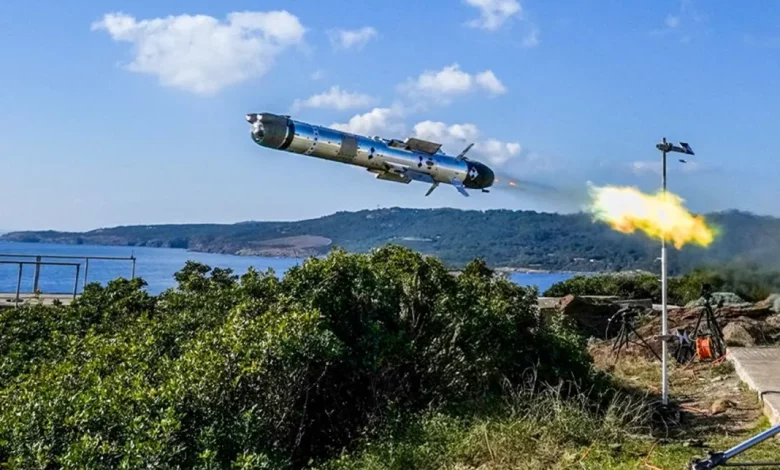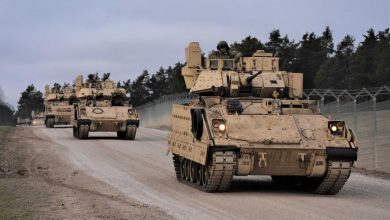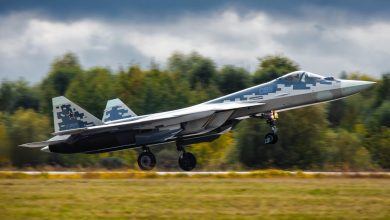MBDA successfully tests AKERON LP missile

European missile manufacturer MBDA has confirmed the first successful test firing of the AKERON LP long-range missile under the MAST-F program, a joint European initiative managed by the Organisation for Joint Armament Co-operation (OCCAR).
The test, conducted on February 6, 2025, took place at the DGA Missile Testing Centre in France and marked a major milestone in the missile’s development.
According to MBDA, the test validated the missile’s aerodynamics, guidance, and separation safety systems while also confirming the effectiveness of its propulsion system to achieve an 8 km range. The company emphasized that this success underscores European defense sovereignty, reflecting close collaboration between MBDA, its subcontractors, OCCAR, and the DGA (Direction Générale de l’Armement).
The AKERON LP (Long-Range Precision Missile) is part of Europe’s next-generation battlefield missile systems, designed for enhanced precision, mobility, and operational flexibility. The missile integrates multi-mode guidance, advanced targeting algorithms, and extended-range capabilities, making it a key asset for European armed forces.
The MAST-F program (Missile Air-Sol Tactique Futur) aims to equip future European attack helicopters and combat platforms with a highly accurate, long-range strike capability, strengthening Europe’s independent defense capabilities. The successful test marks a critical step toward operational deployment, with further trials expected in the coming months.
The AKERON LP is designed to provide high-precision strikes against armored targets, fortified positions, and high-value enemy assets. The missile features multi-platform adaptability, allowing deployment from land, air, and naval platforms, and is expected to be a cornerstone of European joint defense efforts.
MBDA highlighted that European defense cooperation remains a priority, ensuring greater operational autonomy and technological superiority. This latest test strengthens the continent’s commitment to developing next-generation missile systems, ensuring strategic readiness in an increasingly complex security landscape.





